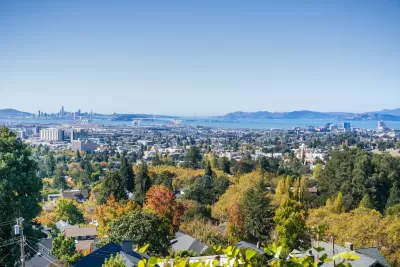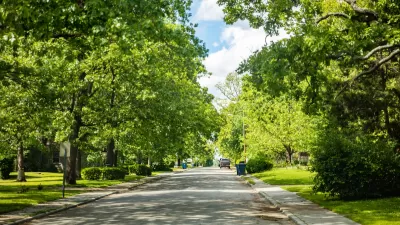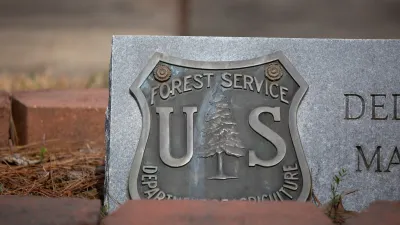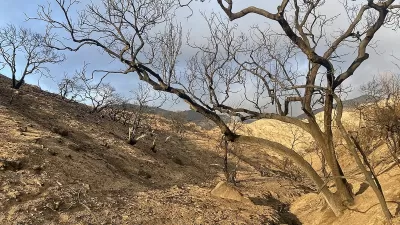The Oakland City Council has adopted its first Urban Forest Plan, a 50-year roadmap focused on equitable tree care, canopy preservation, and environmental justice to benefit underserved communities.

The Oakland City Council has unanimously approved the city’s first Urban Forest Plan, marking a historic commitment to the care, maintenance, and equitable growth of Oakland’s urban forest. The Plan, a 50-year roadmap, aims to preserve the city’s 68,000 public trees, increase tree canopy coverage, and address disparities in tree distribution. Developed with significant community input, the Plan aligns with Oakland’s Equitable Climate Action Plan and General Plan, emphasizing the importance of environmental justice. Key initiatives include tree maintenance, planting in underserved communities, updating ordinances, and fostering public-private partnerships to create green jobs and educational opportunities.
Oakland’s tree canopy, although more expansive than in many neighboring cities, has been declining and is unequally distributed, with frontline communities disproportionately affected. To address this, the Plan prioritizes tree planting in areas burdened by pollution, identified through CalEnviroScreen, and establishes an implementation team to secure funding and oversee its execution. A $1 million CAL FIRE grant supported the Plan’s creation, which included a Tree Canopy and Landcover Assessment, public engagement, and the planting of 700 trees in underserved neighborhoods. Nearly 2,500 residents contributed feedback to shape the Plan’s equitable vision.
With $8 million in USDA Forest Service funding secured through the Inflation Reduction Act, Oakland is set to implement key elements of the Plan over the next four years, including tree pruning and planting in priority areas. Public Works Director Josh Rowan highlighted the urgency of resuming proactive tree care, halted since the 2008 recession, to ensure cost-effective and sustainable urban forest management. The Plan not only addresses immediate environmental concerns but also positions Oakland to pursue additional funding opportunities for long-term ecological and public health benefits.
FULL STORY: Oakland City Council Unanimously Adopts the City’s First Urban Forest Plan

Alabama: Trump Terminates Settlements for Black Communities Harmed By Raw Sewage
Trump deemed the landmark civil rights agreement “illegal DEI and environmental justice policy.”

Planetizen Federal Action Tracker
A weekly monitor of how Trump’s orders and actions are impacting planners and planning in America.

Why Should We Subsidize Public Transportation?
Many public transit agencies face financial stress due to rising costs, declining fare revenue, and declining subsidies. Transit advocates must provide a strong business case for increasing public transit funding.

Understanding Road Diets
An explainer from Momentum highlights the advantages of reducing vehicle lanes in favor of more bike, transit, and pedestrian infrastructure.

New California Law Regulates Warehouse Pollution
A new law tightens building and emissions regulations for large distribution warehouses to mitigate air pollution and traffic in surrounding communities.

Phoenix Announces Opening Date for Light Rail Extension
The South Central extension will connect South Phoenix to downtown and other major hubs starting on June 7.
Urban Design for Planners 1: Software Tools
This six-course series explores essential urban design concepts using open source software and equips planners with the tools they need to participate fully in the urban design process.
Planning for Universal Design
Learn the tools for implementing Universal Design in planning regulations.
Caltrans
Smith Gee Studio
Institute for Housing and Urban Development Studies (IHS)
City of Grandview
Harvard GSD Executive Education
Toledo-Lucas County Plan Commissions
Salt Lake City
NYU Wagner Graduate School of Public Service





























